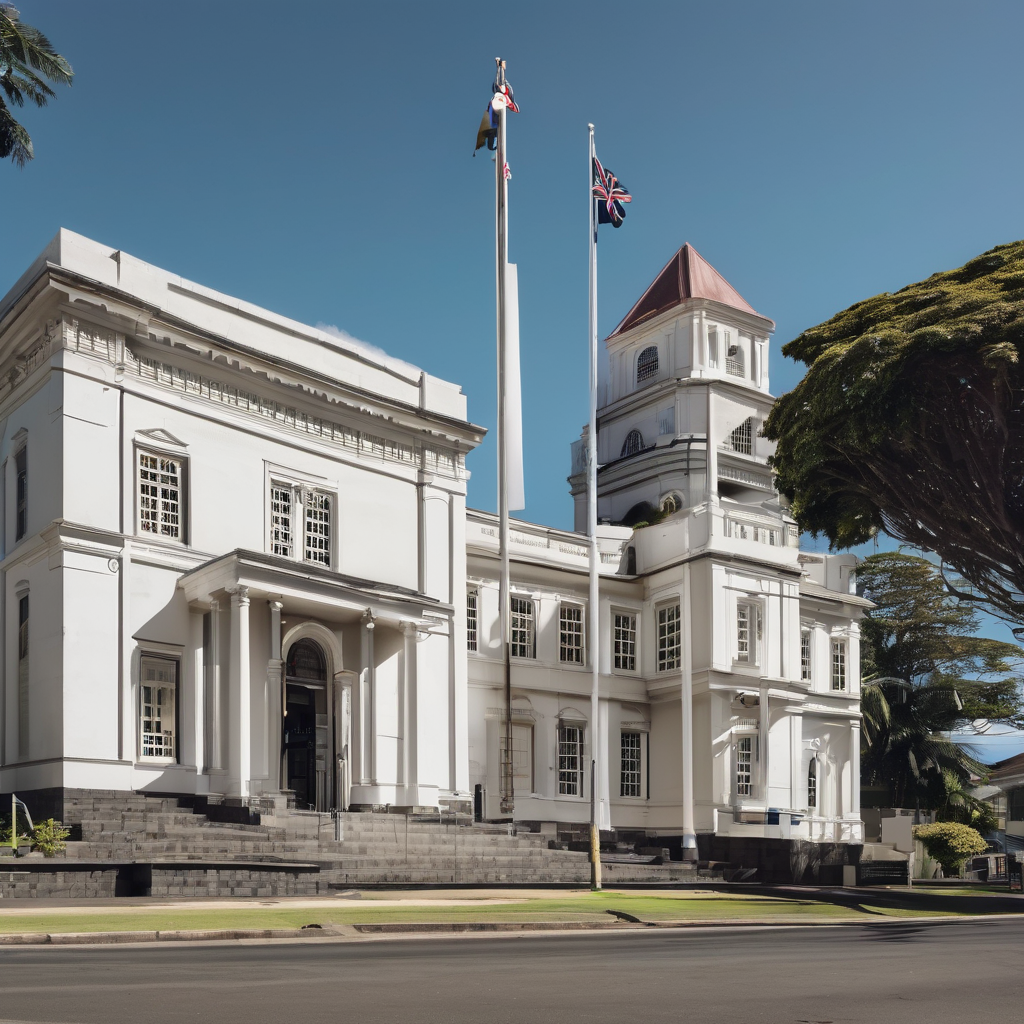The Suva High Court recently heard arguments regarding the legal challenge posed by former Fiji Independent Commission Against Corruption (FICAC) Commissioner Barbara Malimali, who contests her removal from office. This case has prompted significant examination of the powers held by the Prime Minister and the President in relation to appointments and dismissals within Fijian governance.
During the court proceedings, Deputy Solicitor General Eliesa Tuiloma, representing the President and the Attorney General, asserted that both the Prime Minister and the President acted within their constitutional rights when they advised and revoked Malimali’s appointment. He emphasized that the decision was a necessary management corrective measure in light of issues related to her appointment, including a Commission of Inquiry (COI) that scrutinized both the Prime Minister and the Attorney General.
Tuiloma argued that Malimali’s application for judicial review should be dismissed on the grounds that the President enjoys immunity in court and acted under the principle of state necessity. In his defense of the Prime Minister’s actions, counsel Simione Valeniatabua maintained that the Prime Minister operated within constitutional bounds, insisting that the Judicial Services Commission (JSC) can recommend, but not advise the President regarding such appointments.
This situation has emerged amid broader discussions about governance and accountability in Fiji, especially since Malimali’s brief tenure as FICAC Commissioner began in September 2024. Her dismissal followed allegations regarding the integrity of her appointment, raising questions about the political environment surrounding her role, particularly in relation to investigations involving Deputy Prime Minister Biman Prasad.
Legal experts believe that the implications of this case extend beyond Malimali. Some argue that it could serve as a turning point for governance in Fiji, presenting an opportunity for reforms focused on enhancing institutional integrity and transparency. Observers are hopeful that the January 26 judgment will not only provide clarity on procedural fairness and the roles of key offices but will also foster greater public trust in governmental processes.
As the court prepares to deliver its verdict early next year, the outcome holds potential significance for the future of Fiji’s political landscape, emphasizing the need for robust checks and balances to ensure accountability within its governance structures.
